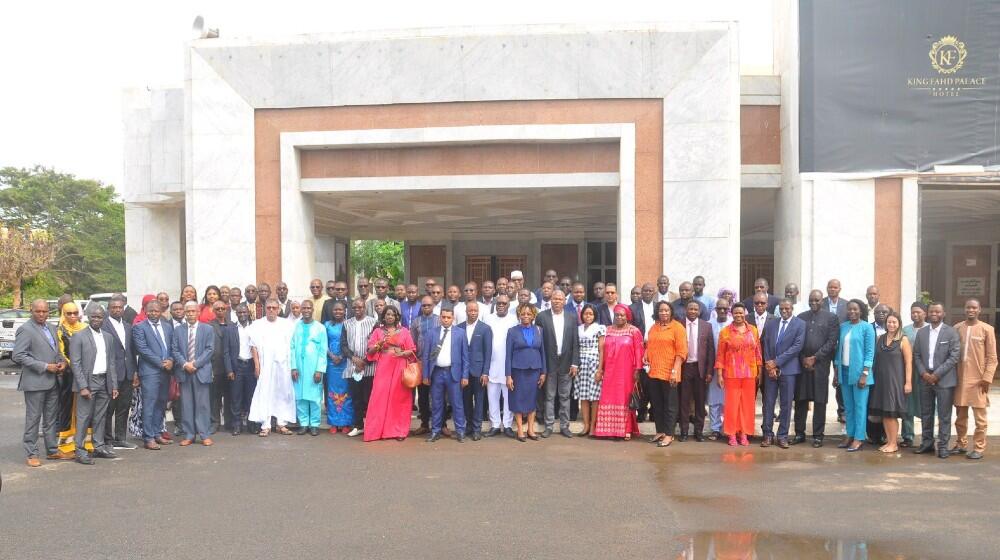from June 23 to 28, the UNFPA Regional Office for West and Central Africa in partnership with CREG and the Economic Commission for Africa (ECA) are organizing a regional workshop on Retropolation of the Demographic Dividend Monitoring Index (DDMI) and the Gender Demographic Dividend Index (GDDI) for the transformation of the traditional budget into a functional budget and gender and demographic sensitive budgeting in SWEDD countries.
The objective of this workshop is to strengthen the capacities of the countries of the Sahel Women's Empowerment and Demographic Dividend (SWEDD) project: Benin, Burkina Faso, Cameroon, Côte d'Ivoire, Guinea, Mali, Mauritania, Niger, Chad as well as the candidate countries: Senegal, Gambia, Togo, Congo.
UNFPA, through the regional technical secretariat of the SWEDD project, and the ECA Sub-Regional Office intend to continue their support to ECOWAS and SWEDD countries to carry out this process and to add a gender analysis of public expenditures, which together contribute to a better integration of the dimensions of the demographic dividend and gender in the planning-programming-budgeting-monitoring and evaluation chain, that is a main objective engraved in the African Union's roadmap on the demographic dividend.
The workshop will be attended by:
- Representatives of the SWEDD project member countries: experts from the General Budget Directorates of the Ministries in charge of the economy, finance and budget, experts from the National Statistical Institutes (NSO), experts from the national management units of the SWEDD project, experts from the National Observatories of the Demographic Dividend (NODD);
- Experts from UNFPA and ECA;
- Experts from ECOWAS member countries.
In the same vein, CREG in collaboration with UNFPA and ECA provided technical assistance to SWEDD countries (Benin, Burkina Faso, Côte d'Ivoire, Niger) and two ECOWAS member states (Senegal, Togo) to develop their national roadmap for Demographic Dividend Budgeting (DDB) taking into account the gender analysis of public expenditures.
This regional workshop aims to capitalize on the achievements of the first workshop on budget transformation for a harmonization and a common and shared understanding of the experts of the target countries and the validation of the methodology for a gender analysis of public expenditures.
The CREG capitalizes on its mandate as the Representative of the NTA-Africa Network to accompany and support countries on the path to well-being and sustainable economic development through the NTA methodology and on issues related to the capture and exploitation of the demographic dividend and sustainable development.
At the end of this workshop, country experts will be able to apply the methodology for transforming the traditional budget into a functional budget and will be introduced to the DDMI and GDDI back casting process.
The GDDI back casting process will serve to illuminate key gender dimensions in each country's core sectors, which is an important step in getting countries to start thinking about how to address gender differences in human development and other sectoral outcomes through budget allocations.
For more information on CREG news, please visit the partners' websites:


